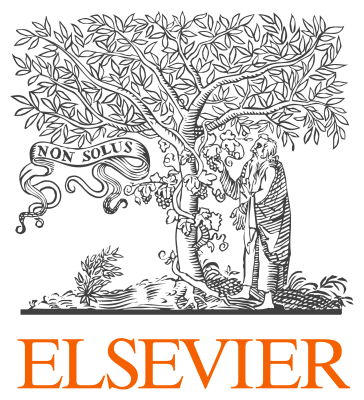Workshop Goal
Future radio access networks are expected to have the capability to support: 1) massive connectivity and dramatically higher capacity; 2) diverse sets of users and applications with radically different requirements in terms of delay, bandwidth, etc.; and 3) flexible and efficient use of all available resources, such as spectrum and time. The above requirements, especially the need for massive connectivity and diverging latency, challenge the current cellular networks in many ways, particularly the available multiple access (MA) methods. As a result, significant efforts have been recently made to design more spectrally and energy efficient MA schemes for future wireless networks. A common feature of these newly designed MA schemes is the avoidance of the use of conventional orthogonal schemes, such as time division multiple access (TDMA) and frequency division multiple access (FDMA). Instead, users are encouraged to share their bandwidth resources opportunistically according to their diverse channel conditions and their quality of service requirements. The superior spectral efficiency of these non-orthogonal multiple access (NOMA) schemes has been demonstrated by recent theoretical and experimental studies.
The 4th International Workshop on Non-Orthogonal Multiple Access Techniques for 5G will take place during IEEE GLOBECOM 2018 in Abu Dhabi, UAE, on December 13, 2018. The workshop will provide a forum for brainstorming on the emerging NOMA techniques for 5G cellular networks. We aim to bring together the leading researchers in the field, both from academia and industry, to share their recent findings and their views on what access methods best suit the diverse requirements of next-generation networks.
Topics of Interest
Topics of interest include, but are not limited to:
-
NOMA via the power domain
-
Advanced coding and modulation for NOMA
-
MIMO techniques for NOMA
-
Multi-cell/massive MIMO NOMA
-
Security concerns for NOMA
-
Cross-layer design and optimization of NOMA
-
Hardware implementation issues in NOMA
-
-
NOMA via the code domain
-
Sparse code multiple access (SCMA)
-
Multi-user shared access (MUSA)
-
Lattice partition multiple access (LPMA)
-
Coexistence of NOMA and OFDMA
-
-
Filtered and filter bank based multi-carrier
-
Other multiple access protocols for
-
Interleave division multiple access (IDMA)
-
Massive MTC applications
-
Massive internet-of-things (IoT)
-
Vehicle-to-X (V2X) and satellite networks
-
-
Machine Learning for NOMA
-
Papers submission is extended to July 14, 2018.
-
The workshop accepts only novel, unpublished papers. Submitted papers should follow the IEEE GLOBECOM symposiums paper submission guidelines.
-
Papers should be submitted for review through EDAS (submission link).
For more information, please contact Mojtaba Vaezi (mvaezi@villanova.edu).



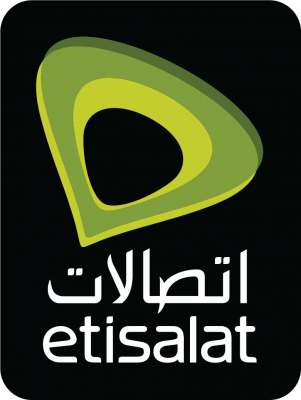

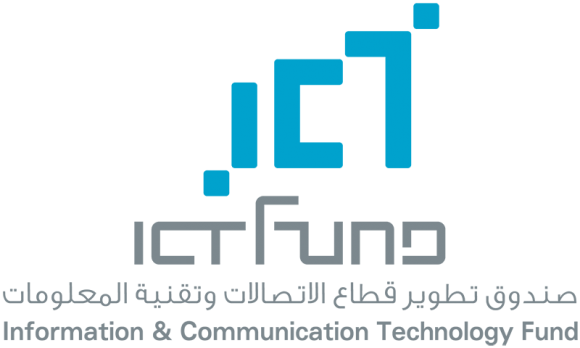


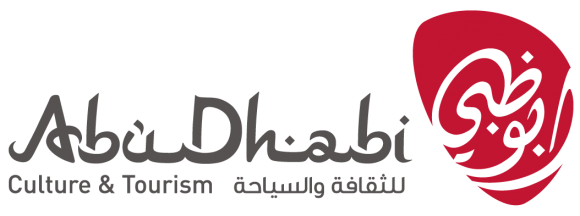







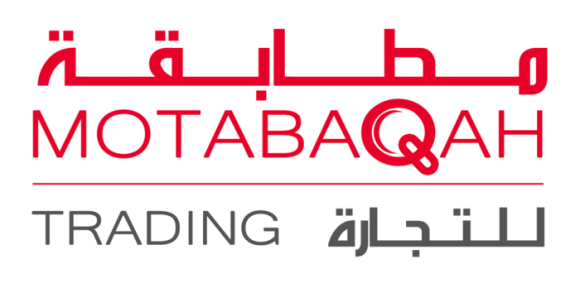

.png%3Fitok=UcTlxbOp)
